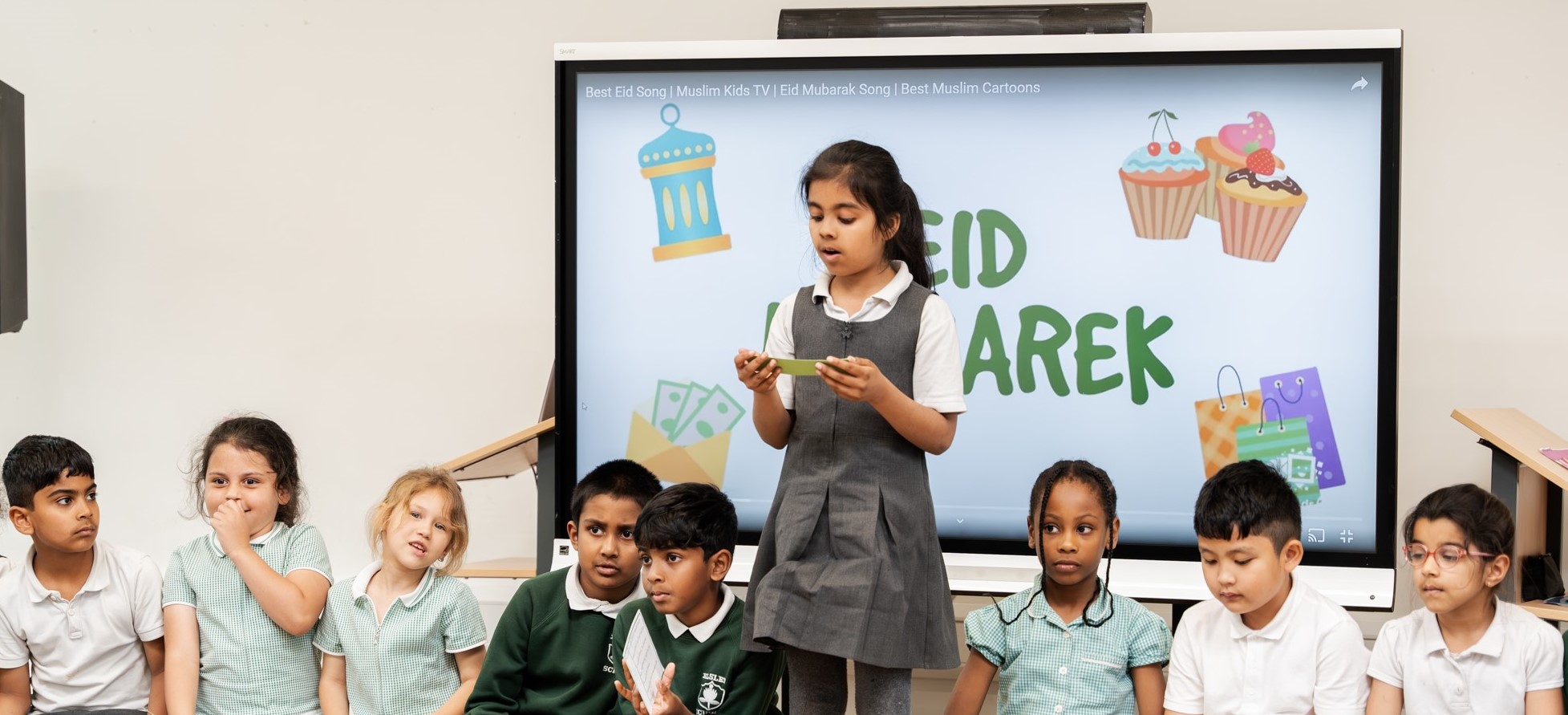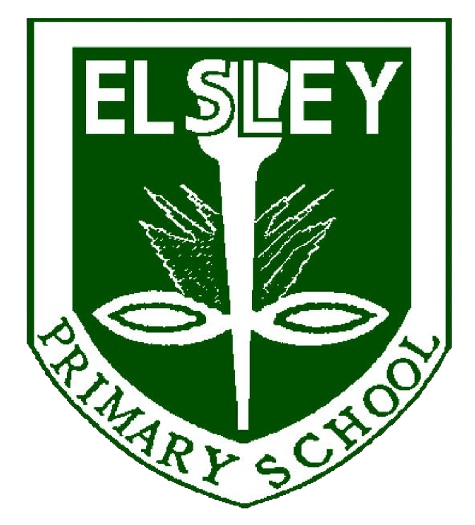RE
At Elsley Primary School, Religious Education plays a key role in fostering understanding, tolerance, and respect for different beliefs and cultures. Through RE, pupils explore the diverse religious traditions and values that shape our world, helping them to develop empathy and moral reasoning. Our RE curriculum is designed to be inclusive and thought-provoking, encouraging children to ask questions, reflect on their own beliefs, and appreciate the rich tapestry of human spirituality. We are proud of the respectful and open-minded atmosphere our RE teaching cultivates, preparing pupils to become thoughtful and compassionate members of society.
"RE is so interesting because we learn about different religions and their special traditions!"
Intent Statement
Our aim in RE at Elsley Primary School is to support pupils’ spiritual, moral, social, and cultural development, helping them to value themselves, to explore their own beliefs, and understand the world around them. Elsley’s history of ethnic and cultural diversity is one of our greatest strengths. We value the diversity of beliefs that children, staff and parents have at Elsley, and we strive to create an environment in which children can express their beliefs and gain understanding, tolerance and respect for the beliefs of others.
Through lessons and collective worship, pupils will be encouraged to celebrate positive coexistence and be empowered to contribute to this cultural synthesis, whilst acknowledging the broadly Christian traditions of the country. Effective religious education should inspire pupils with curiosity and imagination, and develop their skills of communication, interpretation, application, analysis, and evaluation when exploring and testing their own beliefs or responses to ultimate questions and those of fellow pupils in a ‘safe space’.
Our Religious education curriculum aims for our pupils to develop skills, knowledge and understanding in order to become responsible citizens of the future. We desire that they contribute positively to their local community as it has been shown that cultural and linguistic diversity helps to enrich lives. Using the Brent Agreed Syllabus, Elsley Primary School encourages all pupils to be aware of the vital role played by religion in the community and the wider world. We believe that Religious Education and the development of the whole person are an integral part of a child’s education.
Our curriculum allows pupils to develop the following disciplinary skills within the domain of Religious Education (RE):
- Teachings
- Beliefs and values
- Practices
- Lifestyle
- Meaning (interpretation including symbolism)
- Communities (including experience)
Implementation Statement
At Elsley primary, our Religious Education curriculum (RE) is taught in 6 blocks following the Agreed Syllabus which is in line with the framework of the National Curriculum. Our RE curriculum has been carefully planned to ensure that the core units and the required number of additional units from the syllabus are taught, embedding elements of citizenship and PSHE appropriately.
Learning about and learning from religion is an integral part of our religious education curriculum and core to RE teaching is the investigation and understanding of a diverse range of beliefs of faith and of ways of belonging and practice. Each thematic unit of work is taught through a big question which provides the framework for a systematic exploration. By so doing, our pupils will understand each religion and then explore similarities, connections and areas of common ground that exist amongst different religious and non-religious worldviews. The adoption of an enquiry based approach to the teaching and learning of RE supports pupils to develop the skills of, but not limited to: investigation, interpretation, reflection, empathy, evaluation, analysis, synthesis, application and expression. During the study of each thematic unit, our pupils will utilise all of their senses including engagement with, but not limited to: the visual arts, poetry, the handling of religious artefacts, opportunities to visit locations associated with religion and belief (such as the local area, museums, galleries and special exhibitions) and through the invitation of visitors or parents representing different faith communities to talk to the pupils in the classroom.
Impact Statement
We hold to a collaborative approach to the evaluation of the impact of our curriculum where this process is not ‘done to’ our staff, but ‘with them’. In order to judge how successful our curriculum has been designed to promote the learning of the Religious Education National Curriculum, pupil outcomes are evaluated against the Agreed Syllabus attainment targets, teacher assessment for learning and pupil voice. We also welcome cross-school collaboration to ensure that our curriculum design successfully meets and challenges our pupils.
We aim for our pupils to:
- Have an understanding of and respect for a range and diversity of faith and beliefs that characterise our contemporary British society.
- Develop knowledge and understanding of beliefs, values, traditions and religious institutions and their influence on the life of the believer and on communities and societies.
- Develop the ability to make reasoned and informed choices concerning belief and behaviour.
- Develop the ability to agree and/or disagree with dignity and humility.
- Acquire the qualities of respectfulness, compassion, generosity, sensitivity and empathy.
- Reflect on their own spiritual, moral, emotional and cultural development.
- Be able to reflect on moral issues that confront them in their own lives.
- Enjoy their religious education learning.
- Appreciate the purpose that religious education plays in everyday life.



